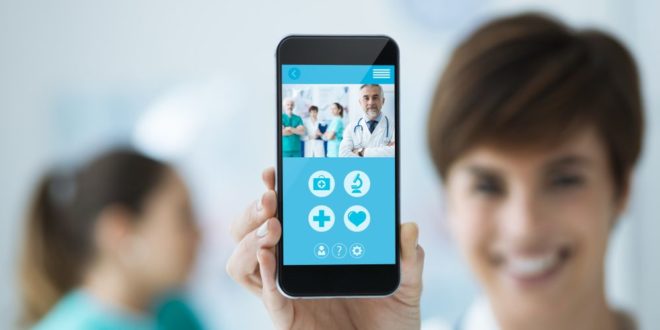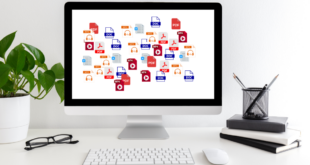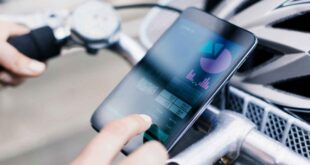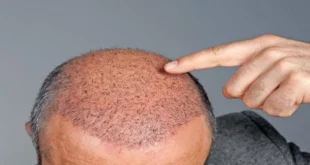Mobile technology has advanced immensely in the last decade and today, there are apps that can help you with almost any aspect of your life. From apps that can recommend good places to eat, the best hair salons in your city, to ones that can help you sell or buy a home, apps can provide many solutions and answer many of our needs.
Unsurprisingly, like many industries before it, healthcare is also turning to smartphones and the internet. Even marketing of medical services is influenced by the use of these apps and companies like PracticeBloom are using these apps for marketing. There are now thousands of mobile apps to choose from on both App Store (iPhone) and Play Store (Android) for both healthcare professionals and patients alike.
With such an abundance of applications related to health, one might wonder if they will play a role in the future of healthcare technology. Will they simply result in sensory overload or will they actually change the game?
Apps are Already Meeting the Challenge

Although most apps are related to nutrition and fitness, the market boasts with thousands of other ones some of which can monitor a diabetic’s blood glucose, measure a person’s heartbeat and blood pressure, or track one’s sleeping patterns. Besides allowing patients to keep tabs on their health, they also provide a chance to crowdsource valuable information that is extremely useful for both physicians and medical researchers, find out more about nutrition and fitness here.
According to Digital Authority Partners, there are more than 3,660 medical apps available for iPhone users alone. One of them provides more than 7000 medicine references, 2500 clinical images, and procedure videos, and 3500 clinical disease references. This offers physicians a chance to stop relying on large, bulky medicine reference texts.
There is a variety of applications that allows doctors to carry thousands of volumes in their pockets, instead of dragging around heavy books so they could read and learn all about consistent advancements in medical research. There are ones that are dedicated to testing lung function, while others are prescribed by physical therapists to aid patients with rehabilitation exercises. From meditation, calorie tracking to sleep apps like this one, there is a lot of apps, that could help one to be healthier.
The Importance
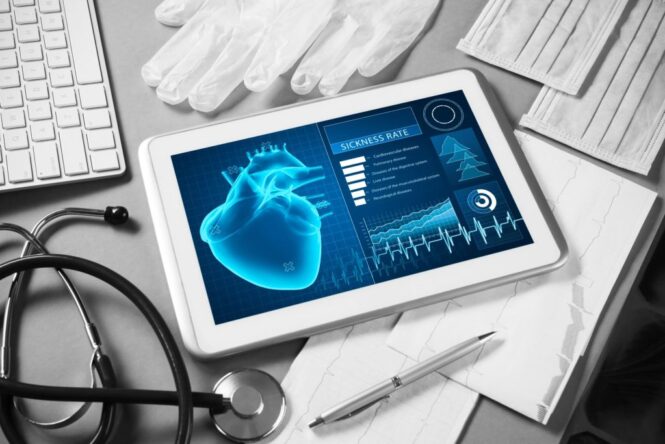
A previous study predicted that 81% of physicians will be using smartphones for their job by 2012, but the use of medical apps is still in its early stages. This is partially because most doctors learn about different ones by word of mouth. Regardless, Apple has recently launched a new section in its App Store catered specifically to medical professionals. But why exactly are they important?
They give physicians a wealth of portable data, usually have extremely intuitive interfaces, and most of them can also be used offline. Having offline usability is especially important since it ensures the prevention of any problems that might occur mid-procedure due to dropped connections.
What It Means For the Future of Medicine

The main goal for the future is to build a blockbuster of medical apps that will provide a variety of services to both professionals in the field, as well as patients. Many signs are indicating that apps will advance from information retrieval and essentially become extensions of a physician’s eyes and hands. Data-driven and telemedicine applications will not only enable doctors to know all they need to, but also help them become nearly omnipresent. This should not come as a surprise since health-based apps have become a norm today, used to provide better care and health facilities right at the user’s fingertips.
 Imagup General Magazine 2024
Imagup General Magazine 2024
